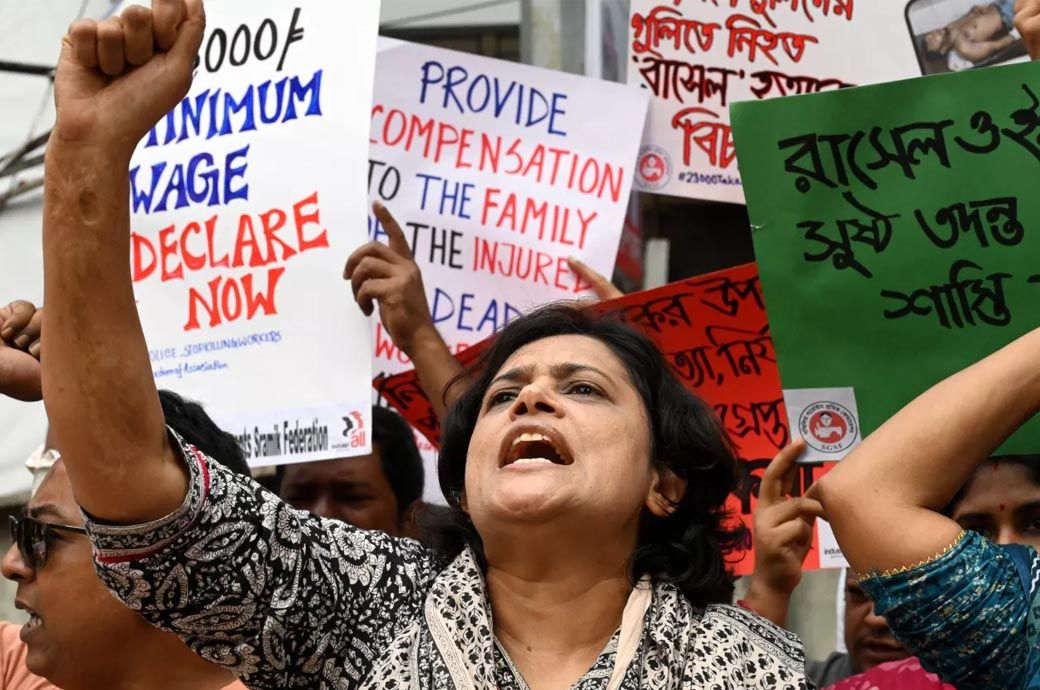
The recent labour unrest in the RMG and other sectors arising from a range of worker grievances highlights ‘significant systemic issues’ that demand urgent attention and resolution, the ILO said in a release.
Developing an evidence-based, gender-responsive national wage policy is vital for regular and fair wage setting, it noted. Reforming the minimum wage mechanism and ensuring inclusive consultations between employers and workers will help address wage-related grievances, including the move towards providing living wages.
Sectoral wage boards and strong collective bargaining mechanisms must be established to prevent and de-escalate unrest related to wages and working conditions, it said.
Amendments to the Bangladesh Labour Act, aligned with international labour standards, are needed to expand coverage to all workers, including those in the informal sector and export processing zones (EPZs).
The reform should strengthen mechanisms for resolving labour disputes, enhance wage protections, and simplify the processes for trade union registration.
A robust and transparent national industrial relations system is essential for addressing disputes early and preventing them from escalating into violence. This should include the introduction of an independent alternative dispute resolution institution and reforms to the labour court system to improve case management.
Addressing anti-union discrimination cases is also a vital step toward promoting industrial peace, the UN body observed.
The Employment Injury Scheme, currently piloted for garment workers, should be institutionalised, legislated and gradually extended to other sectors as well. Establishing a comprehensive social protection system, aligned with ILO conventions, will boost workers' safety and well-being while enhancing Bangladesh’s global competitiveness, it said.
The ILO urged the Bangladesh government to ratify OSH conventions No. 155 and No. 187 and to develop a comprehensive national OSH system.
Fibre2Fashion News Desk (DS)